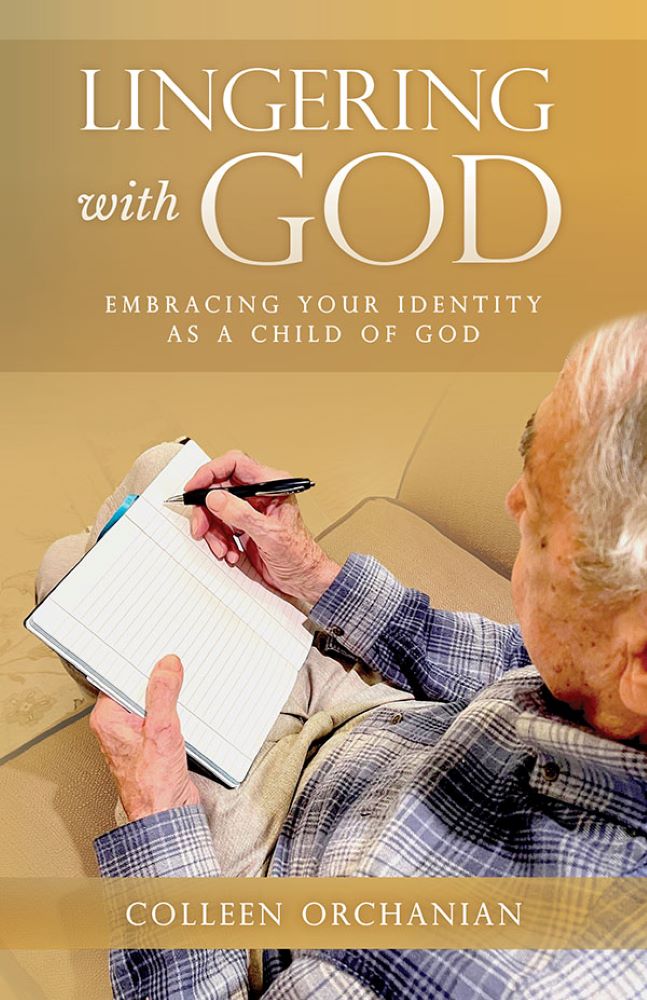The Optimist Club
 There is an organization called Optimist International whose mission is to "work each day to make the future brighter by bringing out the best in children, in communities, and in its members." It is a secular organization, not faith-based. I have always liked the name of the group because I imagine it to be filled with really positive people.
There is an organization called Optimist International whose mission is to "work each day to make the future brighter by bringing out the best in children, in communities, and in its members." It is a secular organization, not faith-based. I have always liked the name of the group because I imagine it to be filled with really positive people.
Optimism is defined as hopefulness and confidence about the future. Some people are naturally optimistic. They see the good in other people. They don't despair when faced with bad news. When their plans fall apart, they make lemonade. The sky is falling and they tell you that everything will be fine. Nothing seems to get them down. That's a natural optimism. Anyone might have that, believer or not.
There is another kind of optimism that comes with faith – a supernatural optimism that we call hope. According to the Catechism of the Catholic Church, "hope is the theological virtue by which we desire the kingdom of heaven and eternal life as our happiness, placing our trust in Christ's promises and relying not on our own strength, but on the help of the grace of the Holy Spirit” (CCC1817)
Bad things happen in life to both believers and unbelievers. The difference in our response as Christians is our trust in God – in His power, faithfulness, mercy, and justice. That gives us hope. The three theological virtues - faith, hope, and charity – are gifts from God that we can choose to accept and use – or not. Until we know God and come to trust Him, we might struggle with hope. The evils of the world can be discouraging. We might wonder why God allows the innocent to suffer. We grieve when we lose someone we love. We get frustrated when we try to do God's work and someone gets in the way. We face one setback after another and can't see the light at the end of the tunnel. There are many obstacles to hope, but God helps us overcome those obstacles.
The apostle Paul shows us the way. He details in 2 Corinthians 11 all of his trials: imprisonments, beatings, flogging, lack of food, shipwreck, and more. The presence of hardships in our lives should not diminish our hope. That is madness to those who don't believe, but makes perfect sense to those with faith. Paul teaches us to accept these hardships and unite them to the suffering of Christ on the cross. His letters are filled with hope.
How can people who live with great suffering have hope? How can everyday people – not saints like Peter and Paul – have hope? With faith, we have a reason for our hope. Here are some of those reasons:
-
We are confident in God's love. The perfect God loves us – and loves us perfectly. There are people in our lives who love us imperfectly, but that's the best they can do. God loves us perfectly. Whatever ugliness we have in our past is done. He still loves us. The apostle Paul talked about who he was before – when his name was Saul. If God could love him and call him – an enemy of The Way – then He loves you as well. Children who are loved well by their parents are very secure. Grownups too! When we know God's love, we have hope.
-
We are confident in God's providence. God guides us – his creation – to perfection. He wants us with Him eternally. He has a plan. I have plans, too, and sometimes my plans are not the same as God's and that is frustrating. With the virtue of hope, I can handle when things go wrong, when my plans don't work out. Isaiah 55:8 says, "God's ways are not my ways." I have hope because I know God is in charge.
-
We are confident in the future because the future is eternity in Heaven with God. The stuff of this world is not forever. When I only see things from the world's perspective, hope seems impossible and foolish. I know there is more to this world that what we can see, touch, feel. There is an invisible world that is so much more. That gives me hope.
-
We are confident in God's timing. For many years I had a consulting business. I worked to deadlines and set goals to accomplish things. I had schedules to meet, including when I would get pregnant. I missed that deadline by about 10 years. God's schedule was different. I have become less rigid over time, recognizing that God's timing is perfect – and mine is not. If something doesn't happen when I expected it, I trust that God is still in charge. I hope in God's timing.
-
We are confident in God's ability to bring good out of great evil. The greatest evil ever was the killing of Christ on the cross. And the greatest gift ever was that same sacrifice. Without it we could not be with God in eternity. Hope doesn't cause me to think that evil is good. It is never good. Rather, it means that from great evil can come great good. In the early days of the church, there were many martyrs, and it is said that the blood of the martyrs is the seed of the church. As the apostles were persecuted, they left Jerusalem, and spread the Gospel to the whole world. When they were martyred, they converted many of their persecutors. We humans make big messes that God redeems and turns into something beautiful. Understanding this gives us hope.
We know that we live in a fallen world. It will never be perfect. Jesus said in Mark 14:17 "There will be poor always." We can acknowledge the reality of evil in the world and still have hope. Our hope is not in this world – it is in God.
What does it look like when a Christian does not have hope?
-
They spend time with useless complaining. They whine about the state of the world, the state of the country, the state of the church. They might obsess about all that's going wrong, especially those things that we have no control over. People of hope don't waste time complaining.
-
They think the worst about another person, never giving them the benefit of the doubt. They attribute negative motives to the actions of others. That leads to accusations, unhealthy criticism, and gossip. People of hope assume the best of another person.
-
They lack perseverance, giving up when things get difficult. They might stop praying for people because they think it won't help. They stop serving in a ministry when there is a conflict rather than trying to resolve it. People of hope stick with it because they believe in God's providence.
When we don't have hope, we are poor witnesses to the Gospel of life. We Christians are called to be salt and light in this fallen world. Without a living hope, we cannot be that. God gives us all the graces we need to hope.
How can we grow in the theological virtue of hope? First, it's a gift from God, so we simply receive it. But we have to be open to it and respond to God's grace. We do that by reading Scripture and learning about God. The more I know God, the more hope I will have. My hope is in Him, so I have to know Him better. I can read the letters of Peter and Paul and learn from them how to hope. And I can pay attention to those times when I believe the lies of the enemy that try to steal my hope, and then reject those lies.
Can a Christian be full of hope and still have a bad day? Of course. We can acknowledge the bad in the world or in our lives and still rest on our hope in Jesus Christ.
We are people of hope, not despair. We have every reason to hope. May our hope in the Good News lead many others to Christ.
Questions for Prayer:
-
How have you grown in the virtue of hope through your journey of faith? Where have you seen it working in your life?
-
What are your obstacles to growing in hope? How is the enemy trying to steal your hope and how can you resist his efforts?

